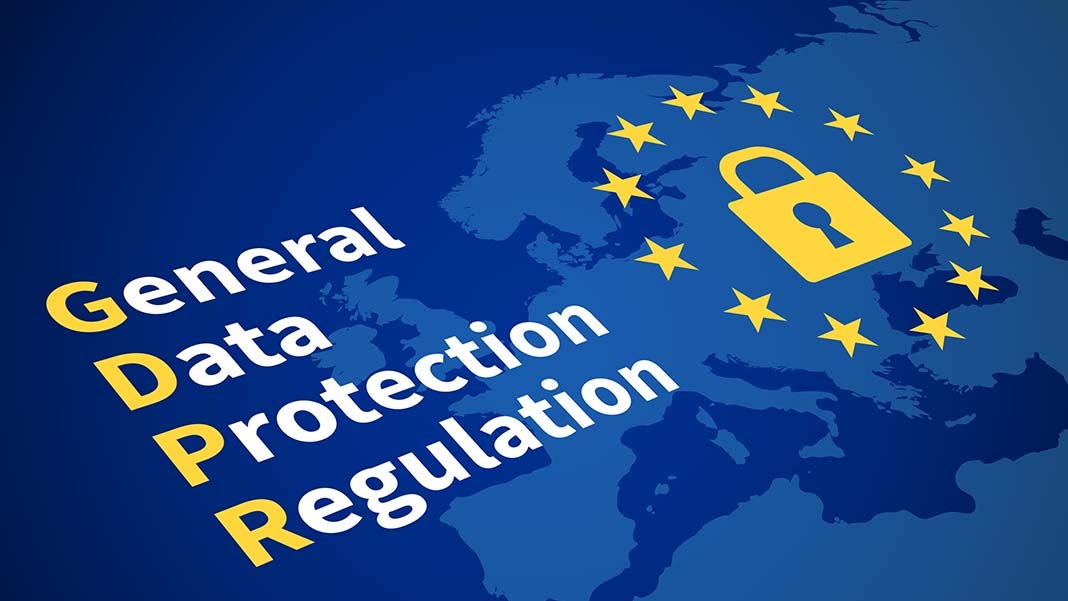
Recent regulatory changes in Europe have hit a wide range of industries, but few professionals have found themselves more buffeted by sweeping reforms than marketers. Marketing professionals have taken the changes to their industry in stride, however, and have rapidly responded to changes in the market like GDPR.
If you’re a marketer who’s struggling to adopt to recent regulatory reform, don’t panic; you can always learn from others. Here’s how the savviest marketers have cleverly responded to changes ushered in by GDPR, and what marketing professionals who are struggling to keep up with our rapidly changing times can do to stay afloat in the market.
Understanding GDPR’s changes
The era of big data is here, and that’s why it should be of no surprise to marketing professionals that regulators are taking data practices and information security more seriously than ever before. Growing concerns about data breaches and shoddy data practices have led many consumers and professionals alike to grow concerned that their information is being mishandled, so it’s only natural that the bulk of changes generated by GDPR revolve around data.
That’s big news for marketers, precisely because our industry now relies on data as its life-blood. Digital marketing is essentially being upended by GDPR-initiated changes; from behavioral data collection and consent collection practices to making data portable, GDPR is changing everything when it comes to how marketers can harness consumer data to make sales. Marketers who have responded to GDPR in an efficient way have championed transparency more than anything else, as that’s the key focal point of most of the changes brought about by GDPR.
Those who are struggling to become compliant with GDPR standards can rely on some key tips when it comes to getting started. Designating a data protection officer is just the starting point—across your entire company or office, you’ll need to be taking data security more seriously. Employees should be briefed on data privacy practices, and you should be investing enough money in your IT infrastructure to be confident that your information isn’t vulnerable to outside attackers.
Many of the marketing operations that have gone under since GDPR and cookies laws took effect had a workforce that was wholly unfamiliar with contemporary tech norms and trends. Above all else, the changes ushered in by GDPR have emphasized the importance of digital literacy in today’s marketing industry; gone are the days when marketers could skate by with little to no information or familiarity with data and big data analytics operations.
Marketing is going mobile
GDPR also has an impact on the world of mobile devices, an important facet of recent changes that marketing professionals can’t afford to forget. That’s because the wider marketing industry is going mobile at a staggering pace; mobile is driving most ad spending around the world, after all. If firms or marketers collect data from mobile devices, they’ll need to take recent changes ushered in by GDPR seriously unless they want to face stiff fines and a fierce public backlash.
If marketing professionals don’t want to see their fortunes fall apart at the seams, they need to start keeping better records. Similarly, they’ll want to re-visit their opt-in process when it comes to collecting consumer data. The smartest companies make it very clear and upfront that they’re collecting data from consumers when their apps are being used, as deceit merely makes your marketing efforts look underhanded and untrustworthy.
Similarly, marketing professionals who enjoy the trust of their consumers do so because they’re transparent. If you suffer from a data breach, you need to come forward to the public about it. Hiding some information crises can not only exacerbate your existing trust issues, but it can also draw stiff fines down on your marketing operation’s head. Check out some of the ways GDPR is reshaping the world of mobile marketing in particular if you’re strapped for ideas on how to respond to these recent regulatory shifts.
At the end of the day, marketers who will survive these recent changes in their industry will do so because they’re flexible and transparent. Gone are the days of illicit marketing tactics where consumer rights were put on the backburner; now, successful marketing is all about being upfront with the public. Don’t expect things to change anytime soon, either; if anything, recent reforms ushered in by GDPR are only likely to be built upon in the near-future. As the digital age continues, a greater emphasis is going to be placed on digital privacy and the IT security of marketing operations that collect and store valuable (and often personal) consumer data.
If you’re having a hard time responding to GDPR, don’t panic; be upfront about your data collection efforts, and allow consumers to easily opt-out, and you’ll find yourself compliant with the spirit of our new regulatory norms in no time.
2205 Views












